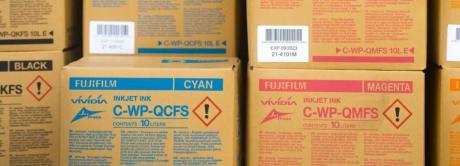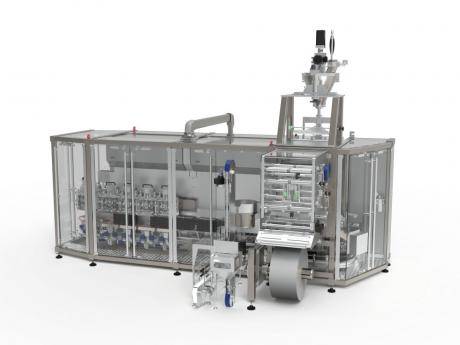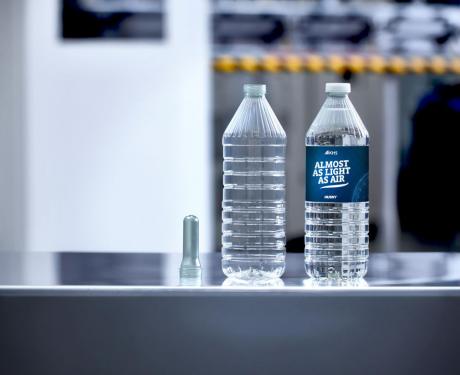The circular economy of plastics, i.e. the recycling of this material, is strategic for the environment: the figure for the amount of recycled packaging compared to the amount released for consumption is already higher than the minimum legal target set for 2025 (50%) and close to the 55% set for 2030. Plastics is also a sector where it is essential to pay close attention to energy savings.
A company in southern Italy has achieved savings of more than 300,000 kW/year by using a low-pressure, oil-free compressor from Sweden's Atlas Copco to pneumatically transport polypropylene chips, an easily recyclable plastic material that lends itself to being transported pneumatically, i.e. from one point to another through closed pipelines. Pneumatic transport is mainly used in the industrial sector, where the compressed air system plays an important role as it can influence the efficiency of the entire production process.
In fact, it should not be forgotten that energy consumption accounts for more than 80% of the life cycle cost of a compressor and that compressed air production systems generally account for 10% of industrial electricity consumption and in some installations can account for up to 40% of the energy bill. Returning to pneumatic transport, it is therefore important to correctly identify the type of compressor to be used and the most suitable pressure for the type of application. In this case, following a design analysis carried out by Atlas Copco, a low pressure compressor at 2.5 bar(g) was chosen, which allowed an energy saving of 40% compared to using air taken from a medium pressure line at 4 bar(g).
Although the definition of pneumatic conveying is quite simple, finding the optimum system and sizing it correctly can be complicated. In this case, the polypropylene to be recycled is shredded, washed and recycled through a hot process in which the material is melted and formed into the correct profile and then mixed with virgin plastic. The use of an Atlas Copco ZE P compressor with inverter and integrated heat exchanger allowed the chips to be transported under pressure and in dense phase, i.e. at low speed and with a low air/product ratio compared to other types of pneumatic conveying. In addition, the synergy with a refrigeration cycle made it possible to eliminate the formation of humidity during the conveying process, which would have caused problems with material packing, with the risk of pipe clogging and damage to the chips.
The ZE P premium range screw compressor is specifically designed for pneumatic conveying applications in industries requiring Class 0 oil-free air and ISO 22000 certification. Designed to reduce energy consumption and emissions to the environment, it is equipped with a heat exchanger, start-up valve and a touch panel to monitor compressor performance, further reducing the total cost of ownership by 15%.
Alessandro Artuso, Business Development Manager Low Pressure at Atlas Copco, said:
It was an interesting experience to demonstrate how pressure and compressed air flows need to be carefully sized for efficient handling. Using the right compressor for each application means reducing energy consumption, with clear economic and environmental benefits.









